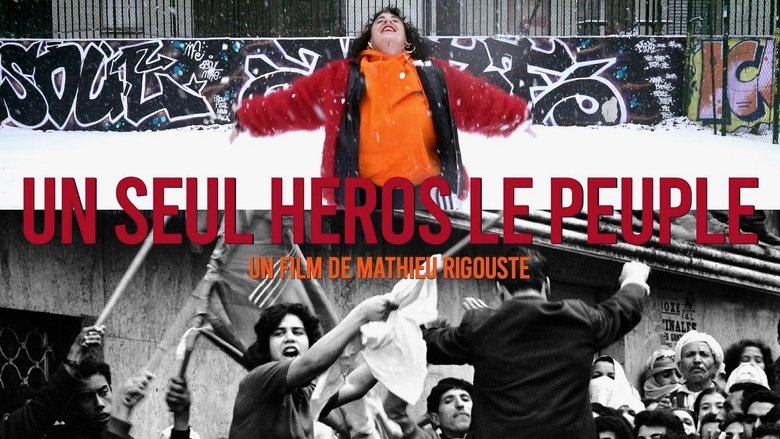One hero, the people
In honour of the 60th birthday of the 1960 insurrection in Algeria
Genres
Documentary
OverView
This film is the product of a seven-year research journey on the popular insurrection of December 1960 in Algeria and the failure of the counter-insurrection, thanks to the Wretched of the Earth themselves.
Others
Budget
$--
Revenue
$--
Status
Released
Original Language
French
Runtime
81 mins
Rating
6/10
Release Date
11 December 2020
Country

